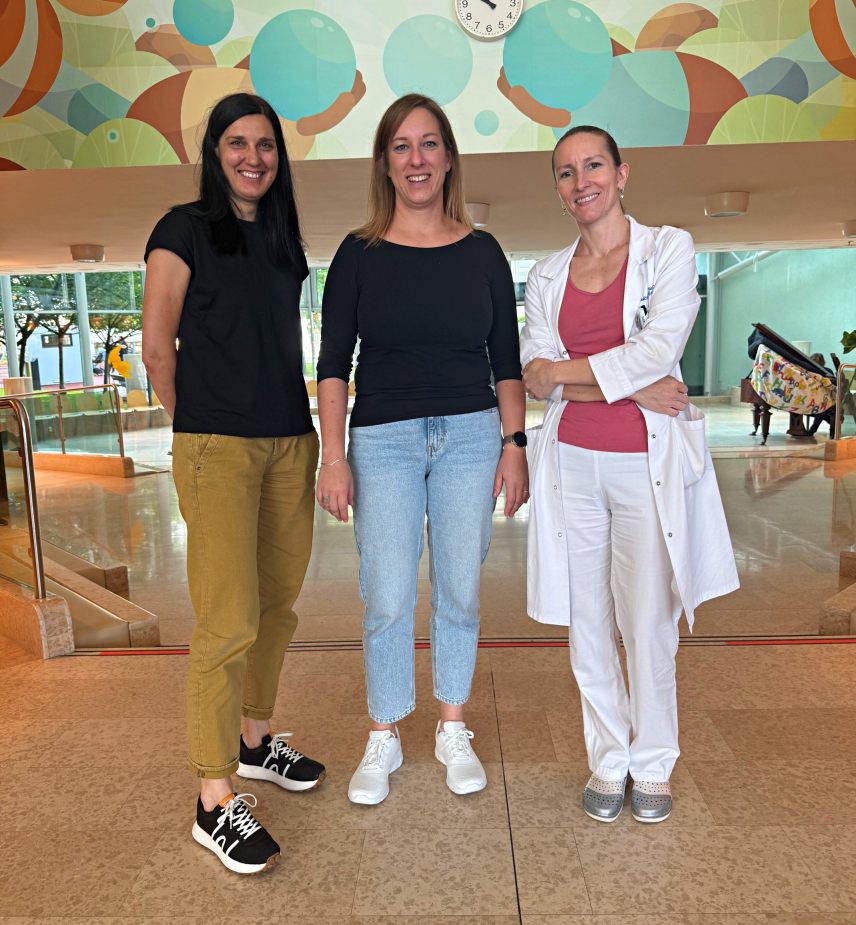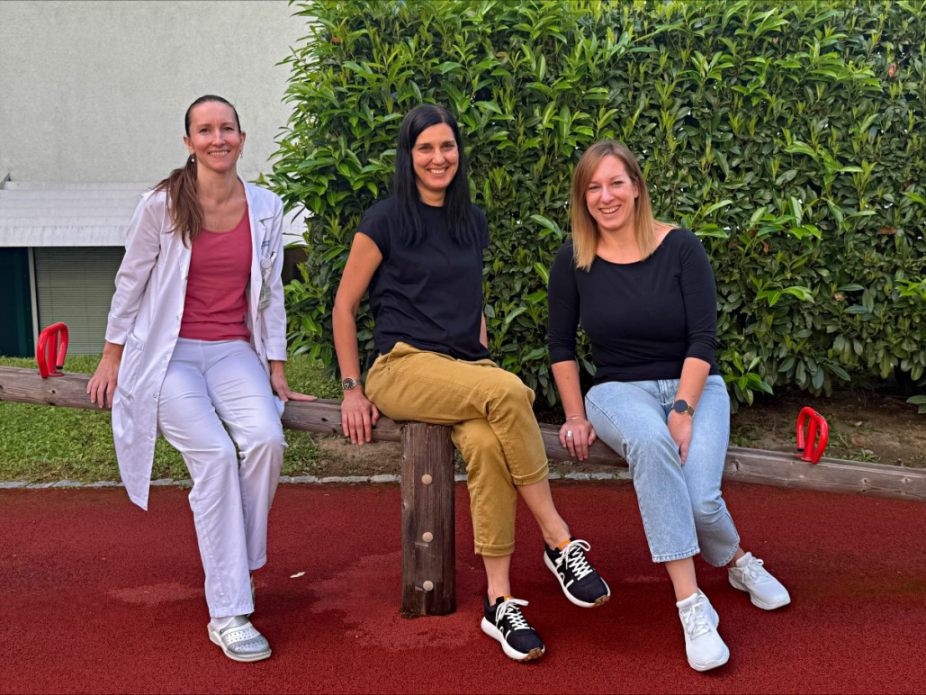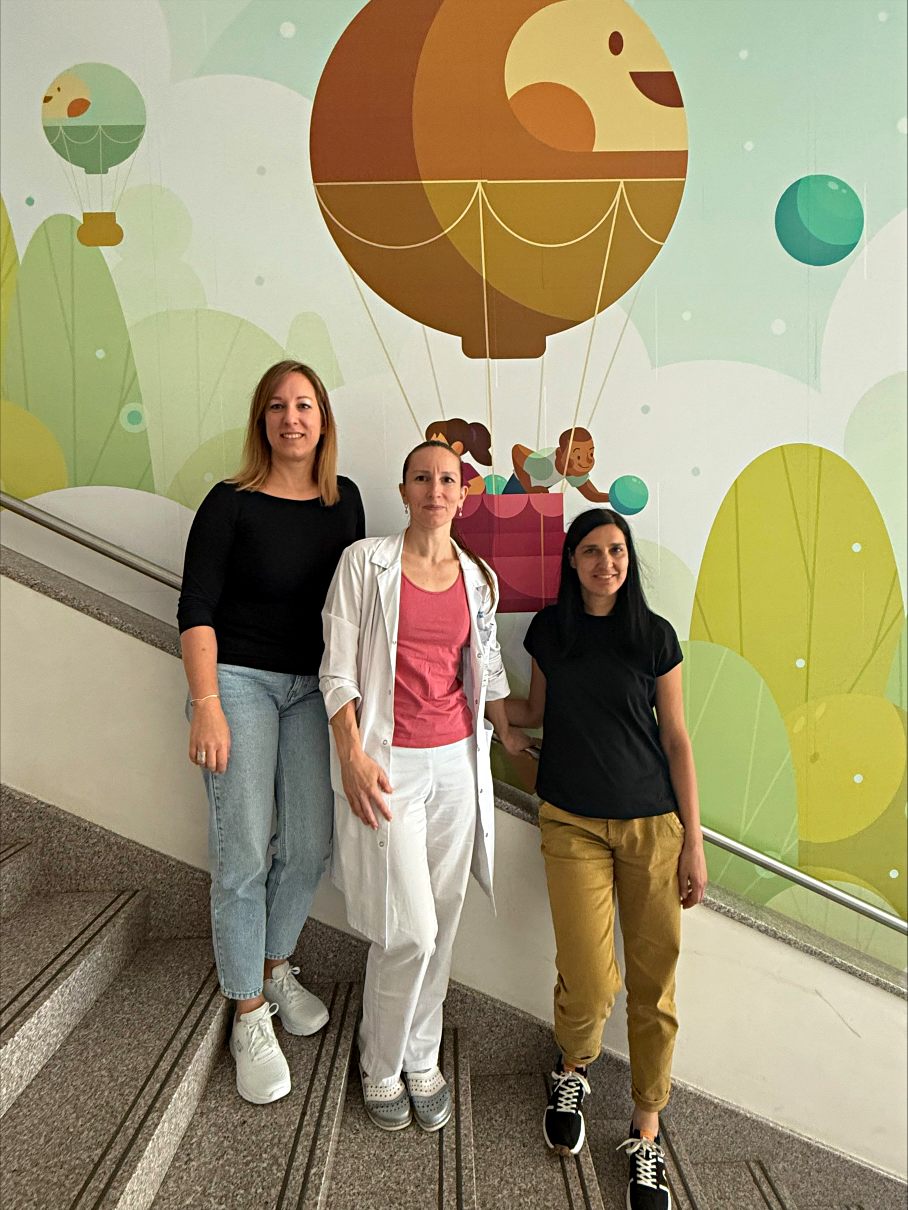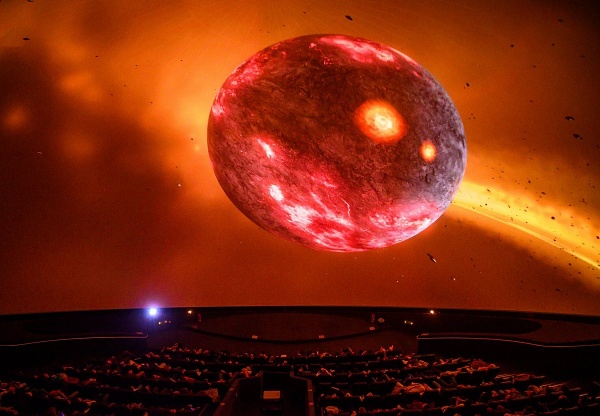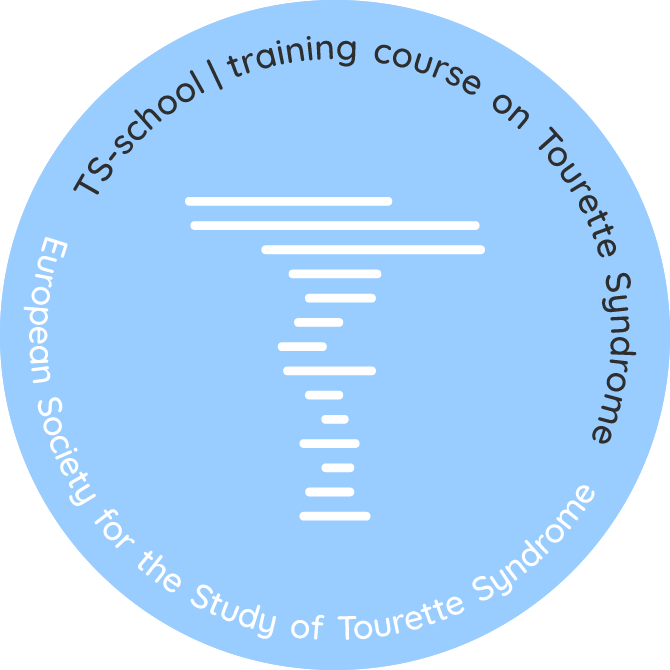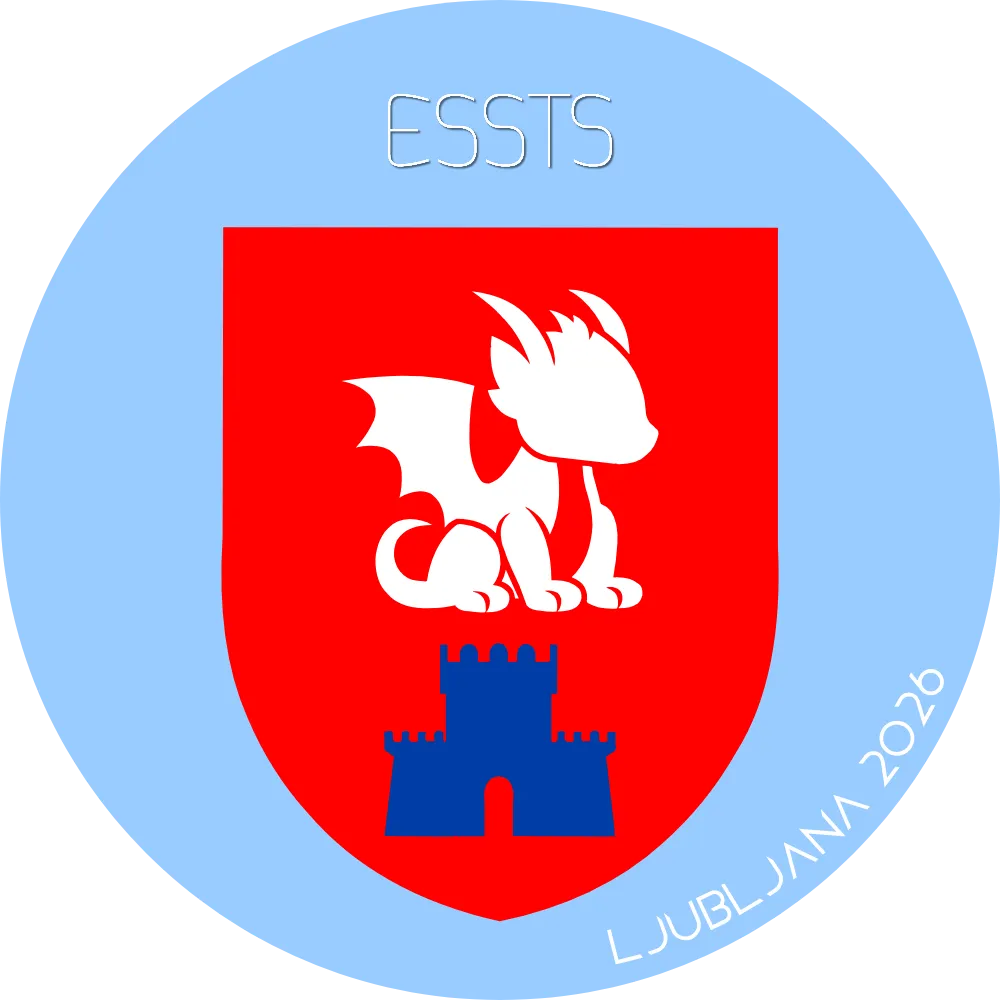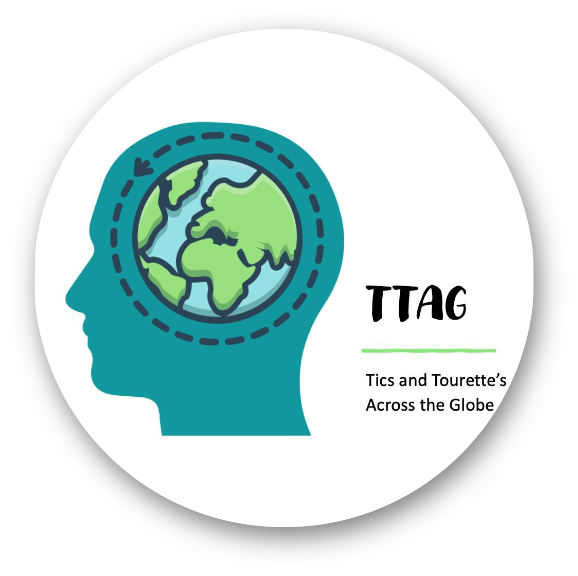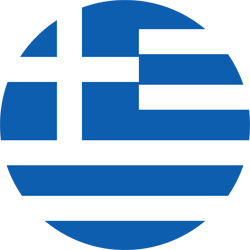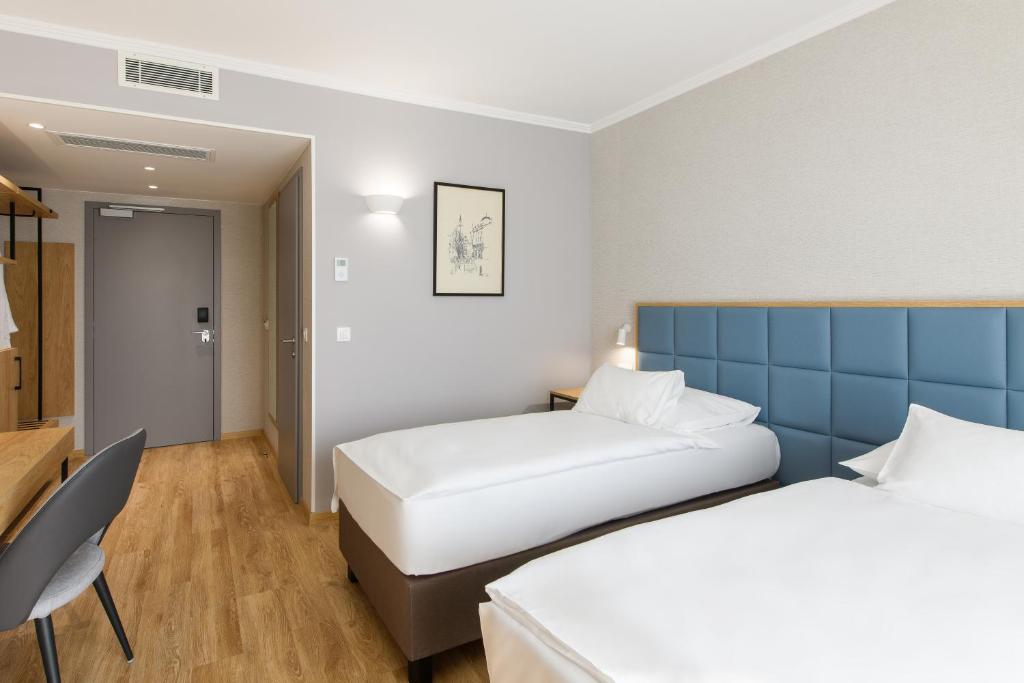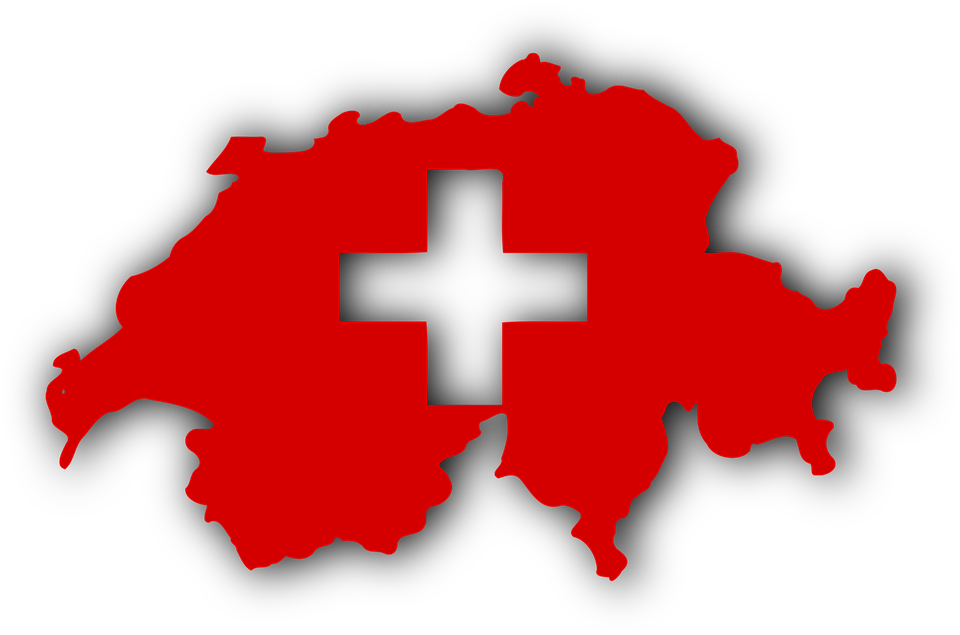
Next stop? #Ljubljana2026
Bookmark: 17-19 June 2026!
- Jana Kodrič, clinical psychologist,
- Stasa Stropnik, clinical psychologist
- Jasna Orazem Mrak, paediatrician, child neurologist
VENUE
Programme
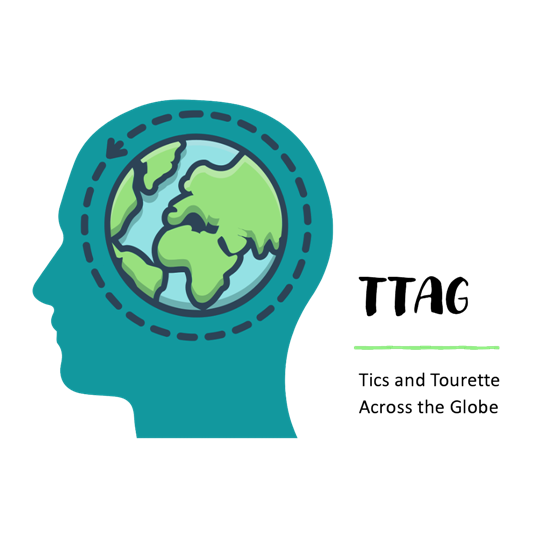




SUBMISSIONS
Basic and clinical scientists, clinicians, PhD students, post-doctoral researchers, residents, fellows and other professionals from around the world working in all areas associated with Tourette Syndrome, tic and related disorders, are invited to submit abstracts to be presented as posters or oral presentations, as well as abstracts with a clinical case video (reserved for the clinical rounds session).
This year, both posters and oral presentations will be made available to the audience in digital format only.
The authors may submit their abstracts by 1 September 2021. They will be notified by 5 September 2021 regarding the format of their presentation, e-poster (+ optional audio file) or oral presentation-, and will have to send their material by 15 September 2021.
💡 2 important dates to bookmark:
⚠️ Registration before submission:
If you plan to submit an abstract you, –or at least one person from your group–, will need to register for the conference before the submission deadline.
In the rare event of unsuccessful submissions, authors may request a full registration refund until 2 weeks after the early bird deadline (Sunday, 5 April 2026).
Apply for a Mary Robertson Travel Grant
- Please only apply if you are prepared to travel to Ljubljana on 17-19 June 2026 to present your research. Successful applicants will receive the funds within 72 hours after attending and presenting at the Ljubljana conference. The Grant applicants must register for the conference initially, as described in the abstract submission guidelines.
- You will need to complete the relevant application fields below as a part of your abstract submission process. (You will not be able to apply after your abstract submission has been confirmed.)
- You are the first author on at least one submitted abstract.
- At the time of your application, you, or a member of your team, are an active ESSTS member for the calendar year 2026.
- There is no age limit for applicants, but your current professional status falls within the... "in training" scope.
- Successful Mary Robertson travel grant applicants will be notified by Wednesday, 8 April 2026 (midnight CET)—also the deadline for announcing the assigned presentation format—.
- Previous MR travel grant winners: please allow for an interval of 5 years before applying again.
While we recognise that AI tools are increasingly part of the research –and not only– landscape, we value original narratives that convey authentically your motivations, research interests, and what attending this conference would mean for your professional development.
We encourage you to write your application personally, sharing your thoughts and experiences in your own words. Authentic, human-written text is highly favoured by the committee.
The final assignment, (poster or oral presentation), will be made by the scientific review committee and all authors will be notified by email by Wednesday, 8 April 2026 (midnight CEST).
All abstracts will be published in the ESSTS Conference proceedings as an Abstract Book, –distributed to all attendees– and upon completion of the meeting, on the ESSTS website in a digital form.
Authors may opt in the submission form below to have their abstract published on F1000 Research.
- Neurophysiology and neuroimaging
- Clinical aspects including comorbidities
- Treatment
- Functional tic-like movements
- Other
It will offer us the opportunity to discuss collegially several challenging, uncommon and overall didactic clinical cases coming from all over our respective centres around the world. You are invited to contribute a clinical video to this session by submitting an abstract with a case of tic (or hyperkinetic) movement disorder along with a video.
- This year we are seeking a small number of well-described cases, which pose diagnostic or management questions or present challenges with a key learning point. We will allocate 15 minutes for the chosen presentations case, which will be followed by 5 minutes of discussion with the co-chairs/audience.
- Depending on the submissions, there may be a quick fire round of videos with a key learning point presented by the chair and co-chairs on your behalf, so if you have a submission of fewer than 3 slides and a video, please also keep the presentation to under 5 minutes with a learning point.
- Please do not submit cases to the video rounds that do not have a video, but consider a poster submission for this format.
- Please submit your anonymised case(s) by clicking the button below (they will be reviewed by session chair, Dr Tammy Hedderly), in the format of either a short abstract in a Word document (max. 400 words), or ideally as a PowerPoint presentation with a maximum of 5 slides (or 3 slides for the shorter format to include the video).
- Your abstract should summarise the clinical history, physical examination, investigation and management to date and conclude with questions or learning points. To allow for the preparation of a successful session, we may ask you to discuss the video of the patient well in advance.
She is the Life President of ESSTS and a Patron of Tourettes Action UK.
-Published or unpublished.
-Work should also be submitted as an abstract for presentation (see procedure by clicking on the "Abstracts" tab above). Please include the relevant abstract(s) with your entry.
-Entries can include work presented at previous ESSTS meetings, but should also cover new ground in an abstract submitted for the 2026 meeting.
-The winner will be invited to make a platform presentation, if not already selected through the abstract acceptance process.
-Must be written by the entrant with a statement indicating the role of other members of the research team, if applicable.
REGISTRATION
Registration rates & options
Along with the ...more attractive registration fees, you greatly contribute to keeping the Society alive and allowing it to grow. 🙏
If you wish to become an ESSTS member, you may add your membership for 2026 directly when you register for the meeting.
(midnight pdT)
(midnight pdT)
(midnight pdT)
(midnight pdT)
Registration guidelines
Use our online registration forms below to select your event(s), enter your personal details and proceed with payment.
You will receive a confirmation email and a detailed invoice once your registration form(s) and payment have reached us.
Kindly note that if you have opted for payment via bank transfer this may take several days and that payment cannot be confirmed before receipt.
You may contact us separately if you require a custom invoice to submit to your institution for reimbursement purposes.
⚠️ Kindly note that this link allows for one single connection per registered attendee.
For last-minute registrations, the access link will be issued to your email in real time.
Ready to register?
When in Ljubljana...
Accommodation & orientation
Listed as usual, the jetlag-proof way! 😉
The two buildings are interconnected and the conference halls can be accessed internally.
.png)


